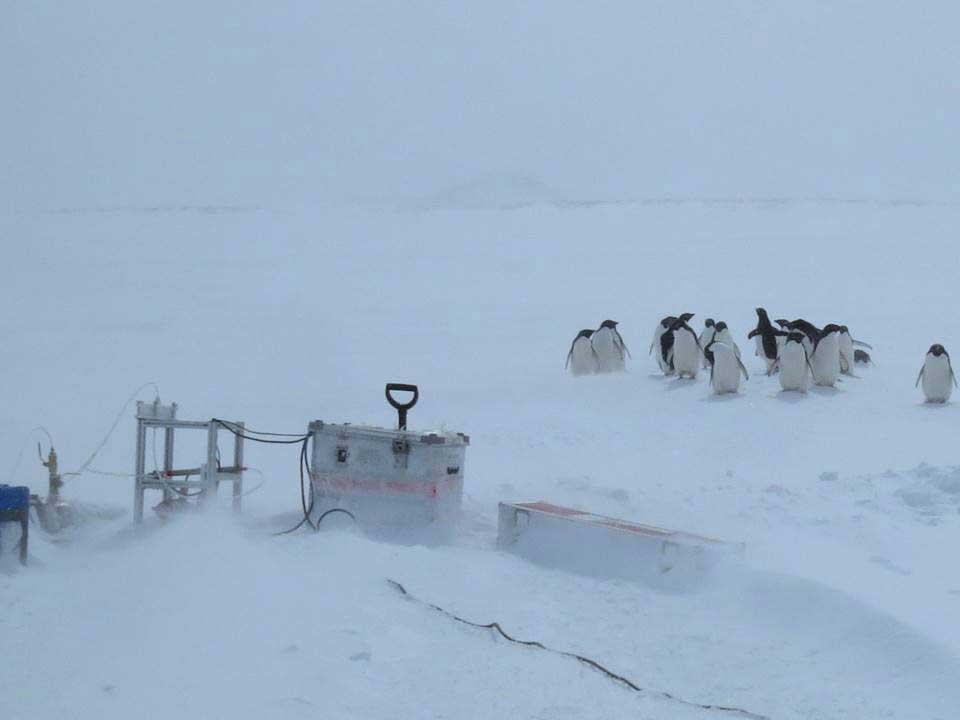 A study contributing to the goals of the ImPACT Action Group (Input Pathways of persistent organic pollutants to AntarCTica) shows that seabird colonies are relevant sources of persistent organic pollutants (POPs) in Antarctic ecosystems.
A study contributing to the goals of the ImPACT Action Group (Input Pathways of persistent organic pollutants to AntarCTica) shows that seabird colonies are relevant sources of persistent organic pollutants (POPs) in Antarctic ecosystems.
“Despite typically not being taken into account (usually in favour of the ‘global distillation’ process), the input of persistent organic pollutants (POPs) through biological activities can be indeed relevant at the local scale in terrestrial polar environments when seabird colonies are considered.”
Read the full paper in Chemosphere.
Reference:
Cipro, C.V.Z., Bustamante, P., Taniguchia, S., Silva, J., Petry, M.V., Montone, R.C. 2019. Seabird colonies as relevant sources of pollutants in Antarctic ecosystems: Part 2 – Persistent Organic Pollutants. Chemosphere. 214, pp 866-876. https://doi.org/10.1016/j.chemosphere.2018.09.030
